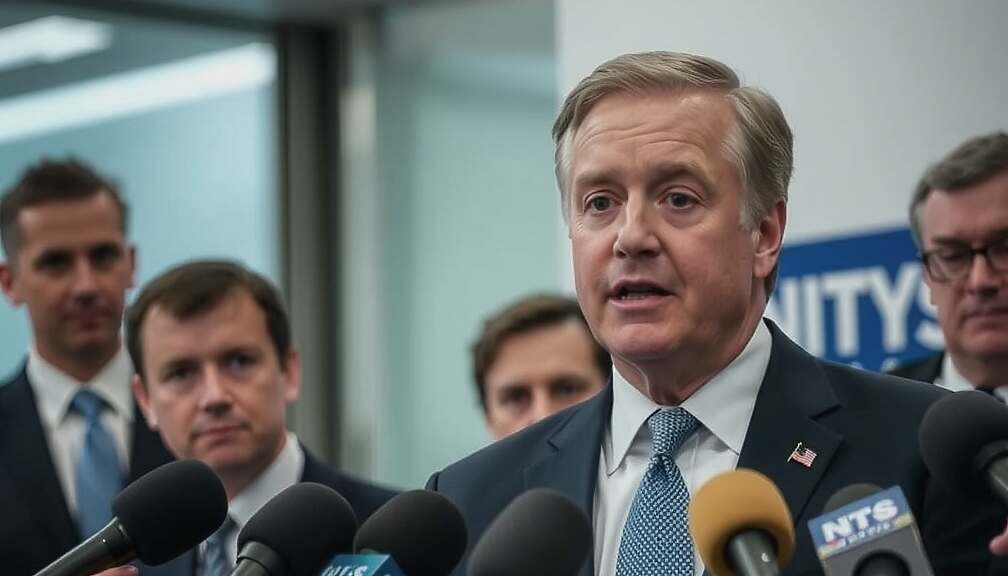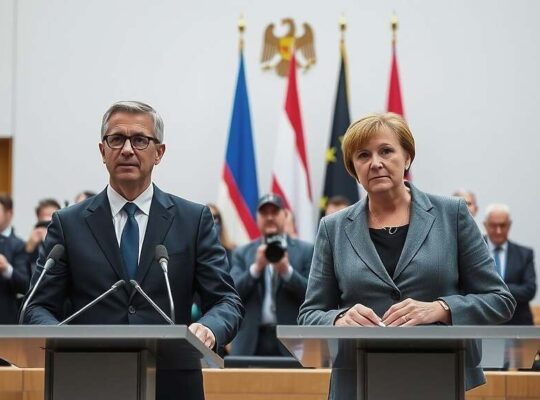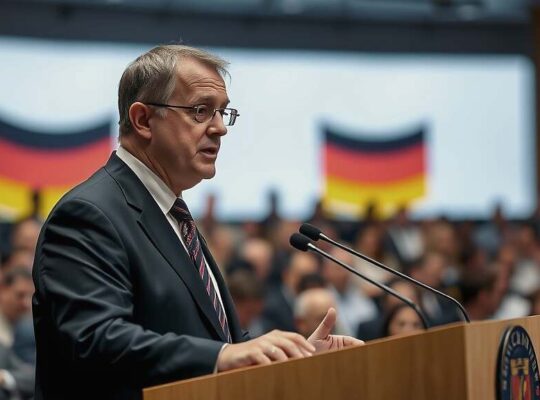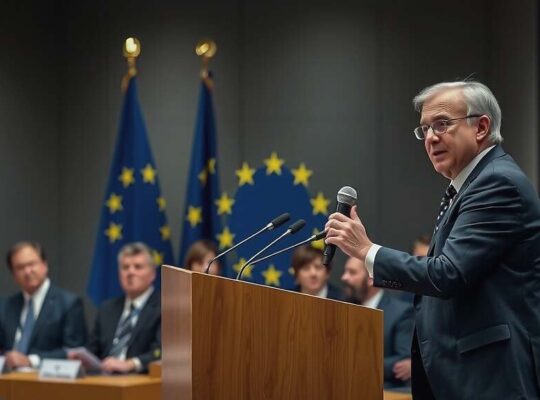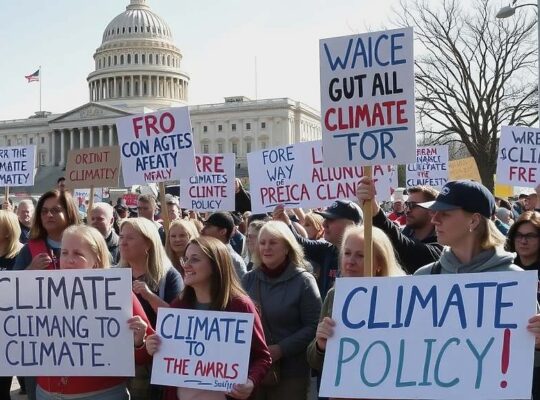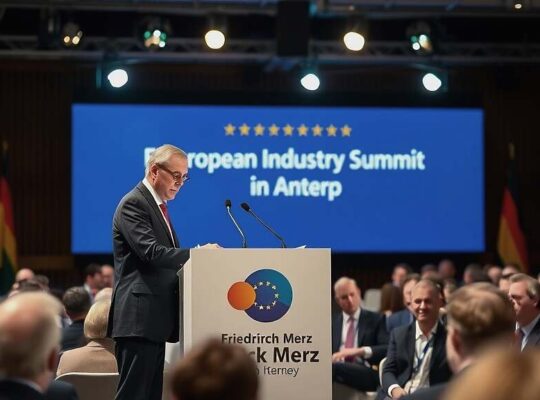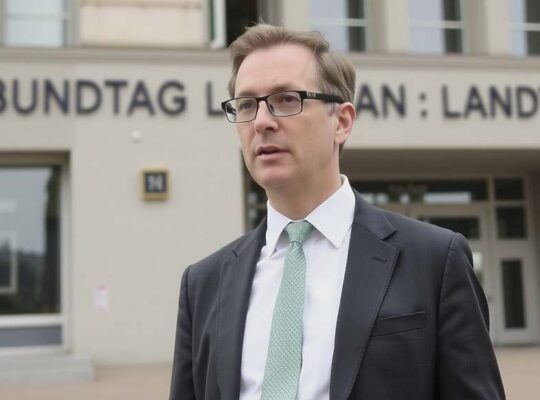The prospect of swift relief for private consumers regarding electricity taxes is facing internal debate within the ruling coalition, with officials cautioning against hasty implementation. Sepp Müller, parliamentary group deputy leader of the Christian Democratic Union (CDU), acknowledged the need to ease the burden on private households and small businesses, but stressed the substantial financial implications involved. He told “Welt” that the measure would cost approximately six billion euros annually, necessitating a meticulous assessment of budgetary adjustments. “Accuracy takes precedence over speed” in identifying funding sources, Müller emphasized.
Müller defended the government’s overall approach, pointing out the significant tax relief package already underway, which also benefits regional governments. He highlighted existing measures aimed at reducing energy costs – including reductions in the gas storage levy and network charges – and suggested the timing of the gas storage levy reduction for energy-intensive industries, such as paper, glass and basic chemical production, scheduled for January 2026, is overdue.
However, Jan Redmann, parliamentary group leader of the CDU in the Brandenburg state parliament and CDU state chairman, reiterated the commitment of the CDU/CSU leadership to extend electricity tax relief to private households. Redmann, speaking to “Welt” asserted that providing relief to all consumers is a matter of fairness and credibility. “We cannot simply relieve certain groups; we promised something different during the election campaign and it is stipulated differently in the coalition agreement” he stated. He refuted the argument that sufficient funds are unavailable, insisting that savings can be identified.
Redmann specifically criticized the perceived lack of commitment from Federal Labour Minister Bärbel Bas (SPD) regarding potential savings within the citizen’s allowance (Bürgergeld) system, expressing concerns about the pressure applied to individuals capable of working but not actively engaged in employment.
CDU politician Wolfgang Bosbach further underscored that the core issue isn’t solely whether tax reductions apply to industry or private households, but rather the overall credibility of political commitments. “The argument `this will be expensive` doesn’t convince me” Bosbach stated, adding that the associated costs should have been anticipated beforehand.


